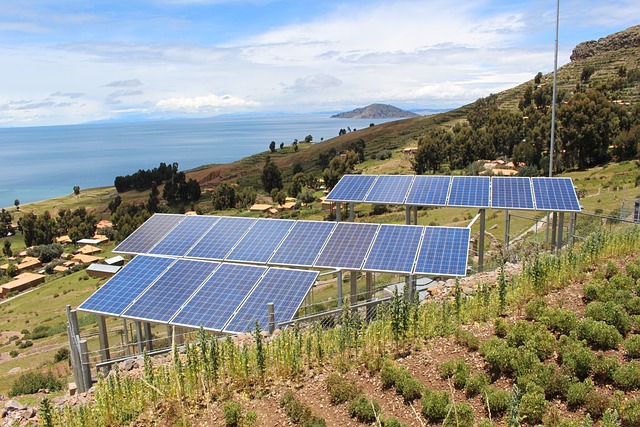
Community Solar Projects and their benefits
Community solar projects, also known as solar gardens or shared solar, are gaining traction as a viable and inclusive approach to expanding solar energy adoption. These projects allow multiple participants to benefit from a single solar array, which is typically installed off-site. Participants purchase or lease a share of the solar power produced, receiving credits on their electricity bills proportional to their share. Community solar is especially appealing for those who cannot install solar panels on their own properties due to financial, structural, or shading issues. This article explores the benefits and implementation challenges of community solar projects.
Benefits of Community Solar Projects
- Increased Access to Solar Energy
Community solar opens the door for renters, low-income households, and those with unsuitable rooftops to participate in the solar revolution. It democratizes access to clean energy, allowing a broader segment of the population to benefit from solar power.
- Economies of Scale
By pooling resources, community solar projects can achieve economies of scale that reduce the overall cost of solar installation and maintenance. This often results in lower costs per kilowatt-hour compared to individual rooftop installations.
- Enhanced Energy Equity
Community solar projects can be designed to specifically target underserved communities, addressing issues of energy inequality. Programs can be tailored to offer subsidized rates or financing options that make participation affordable for all income levels.
- Environmental Benefits
By increasing the adoption of solar energy, community solar projects contribute to the reduction of greenhouse gas emissions and reliance on fossil fuels. This helps mitigate climate change and reduces air pollution, benefiting public health.
- Economic Development
These projects can stimulate local economies by creating jobs in the design, installation, and maintenance of solar arrays. They also keep more energy dollars within the local community.
- Energy Resilience
Distributed solar generation enhances grid resilience by reducing dependence on centralized power plants and mitigating the impact of grid disruptions.
Community solar projects represent a promising pathway to broaden the adoption of solar energy and promote energy equity. By providing access to clean energy for a wider audience, these projects can contribute significantly to environmental sustainability and economic development.

 Call us
Call us Contact
Contact  Whatsapp
Whatsapp  Solar
Solar